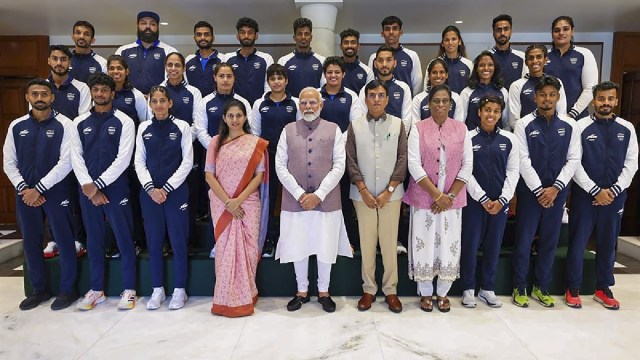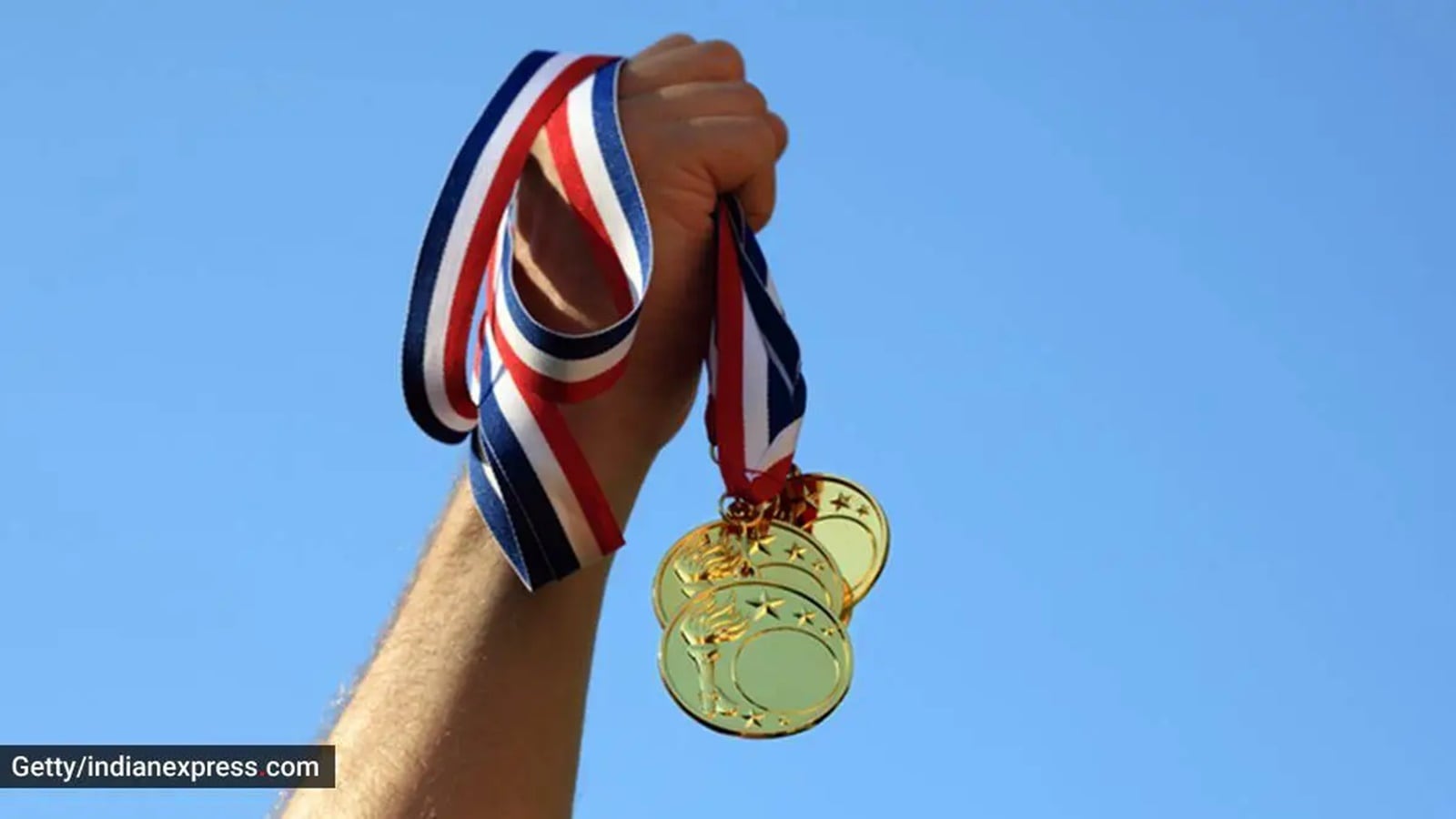Sports psychology involves studying the psychological factors that influence athletic performance and how participation in sports affects the psychological and physical well-being of athletes. Sports psychologists are trained to help athletes have better coping mechanisms and resilience, and deal with high-pressure moments, said Arouba Kabir, emotional and mental health professional, founder, Enso Wellness.

Why is sports psychology needed?
Post India’s recent Olympic performance with many close calls and some disappointing results, the importance of sports psychology is clearer than ever according to Dr Deepak Raheja, director and chief psychiatrist, Hope Care India. “Athletes face immense pressure. It’s often their mental preparation that determines whether they bring home a gold medal or just miss the podium,” he said.
Story continues below this ad
Sports psychologist Neeta Tatke concurred and said that in international tournaments, the competing players are usually on par in terms of technical skills. “What sets them apart is mental grit and strength—the ability to handle stress and anxiety, whether they buckle under pressure amid expectations from coaches, audience, etc. A sports psychologist helps athletes master focus, maintain steadiness, strategise and do their absolute best,” Tatke said.
How sports psychology can help
A sports psychologist can make a huge difference by tackling the mental barriers that often separate good performances from great ones, according to Dr Raheja. “By teaching techniques to manage stress, build confidence, and sharpen focus, sports psychologists ensure athletes can perform at their peak when it counts the most,” he said. In team settings, sports psychologists help improve communication and overall team dynamics, key to success.
While physical training and technical skills are crucial, emotional and strength often determine success in high-pressure situations, added Kabir.
Shraddha Subramanian, intuition expert, business coach, founder and CEO of Sparkling Soul, who has conducted training sessions at Padukone’s sports academy, said, “While technical skills are important, the ‘confidence to win’ and internal dialogue during peak moments can create a breakthrough or heartbreak.”
Story continues below this ad
Lakshya Sen narrowly missed the bronze medal and the semi-final. This, according to Subramanian, highlights recurring mental patterns that hinder crossing the victory line. “The lack of mental preparation could be the key factor. Recreating those pressure moments and winning those in one’s mind first, and training oneself as a champion is an extra mile that could have been the difference,” she said.
Subramanian also cited an example from archery, where a senior player’s comments about past losses reflected lingering mental barriers. “This fear of failure, despite technical readiness, can limit performance in future competitions,” she said.
This is where psychologists come into the picture.
Clinical psychologist Kamna Chhibber stressed the need for a longitudinal approach to mental health in sports, saying mental well-being must be continually addressed, not just viewed in snapshots. “A sport psychologist’s role is to ensure the right approach and attitude, address anxieties and mood issues, and manage stressors that impact performance,” Chhibber said.
Focusing solely on performance isn’t enough; addressing overall mental functioning is key. “This approach builds confidence, resilience, and trust in one’s abilities. It also teaches them how to bounce back without losing focus, and helps them manage vulnerabilities, ensuring optimal performance,” she said. Issues like motivation, eating disorders, burnout, and career transitions are also important areas addressed by sports psychologists.
Story continues below this ad
 Often, it’s their mental preparation that determines whether they bring home a gold medal or just miss the podium (Source: Getty Images/Thinkstock)
Often, it’s their mental preparation that determines whether they bring home a gold medal or just miss the podium (Source: Getty Images/Thinkstock)
How is it done and what improvements are needed?
Dr Raheja advocates for integrating sports psychology into training from an early age, including having sports psychologists on coaching teams and providing ongoing mental health support. “Workshops on mental toughness and regular access to mental health resources are important,” he said, stressing the need for raising awareness on the importance of mental well-being in sports to reduce the stigma and encourage athletes to seek help when needed.
Subramanian suggested practical mental health training strategies:
Energy map: Track and address feelings from past failures using techniques like burning bowls.
High-energy moments: Recreate and harness positive feelings from past successes to overcome low periods.
Winning moments: Detail and relive successful experiences to improve future performances.
Mind training: Schedule mind training hours alongside physical training.
By prioritising emotional and mental health, Indian athletes can be better equipped to handle the pressures of international competitions, potentially leading to more consistent and successful performances on the global stage.


 Often, it’s their mental preparation that determines whether they bring home a gold medal or just miss the podium (Source: Getty Images/Thinkstock)
Often, it’s their mental preparation that determines whether they bring home a gold medal or just miss the podium (Source: Getty Images/Thinkstock)

























